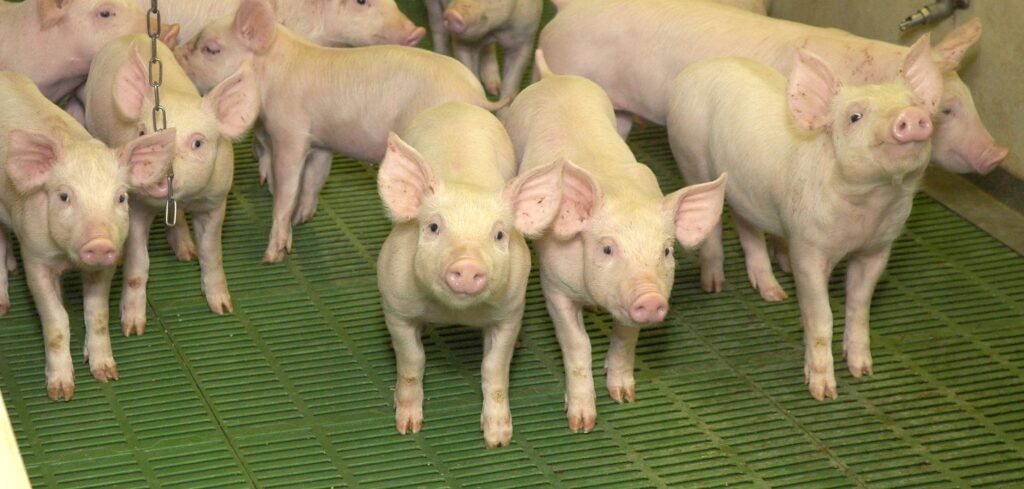A new project aimed at reducing the environmental impact of ammonia emissions from livestock has been awarded £600K funding from Defra and UK Research and Innovation. The project, called PigProGrAm, will bring together farming and engineering expertise to demonstrate a farm-focused solution for the harvesting of green ammonia from pig waste.
The research project will be delivered via a consortium of partners including the Agriculture and Horticulture Development Board (AHDB), Beta Technology, Duynie, Projex Solutions, the University of Leeds and a commercial pig unit in North Yorkshire. The progress and results from the project, which launched in October, will be communicated via digital and physical events over the next 18 months.
The new innovation hopes to help to create a more sustainable livestock industry in the UK, reducing the environmental impacts of production by lowering ammonia emissions, and creating an additional resource that can be used to generate hydrogen.
The generation of green ammonia and conversion to hydrogen from agricultural waste streams delivers valuable products used to decarbonise power and transportation.
Jen Waters, head of knowledge exchange for pork at AHDB said: “We hope that the PigProGrAm project is the first stage of a larger demonstration of the potential of this innovative approach to harvesting green ammonia from livestock and will help the UK meet its net-zero emission target.
She said the project could also have a significant impact on the public perception of pig farming as it represents an opportunity to reposition pork production from being part of society’s environmental problems to being part of its solution.
“Investigating the potential to harvest green fuel from livestock slurry is one of several projects AHDB is working on to help mitigate ammonia emissions from pig farming. It is a major opportunity for all classes of livestock production, not just pigs but dairy, beef and poultry as well,” she added.




